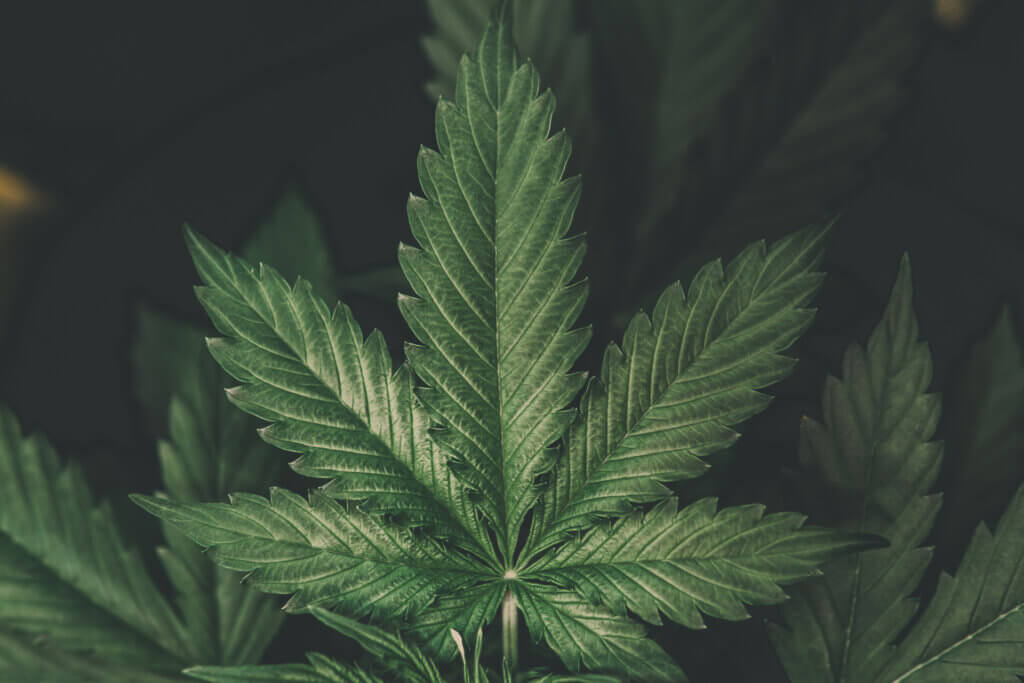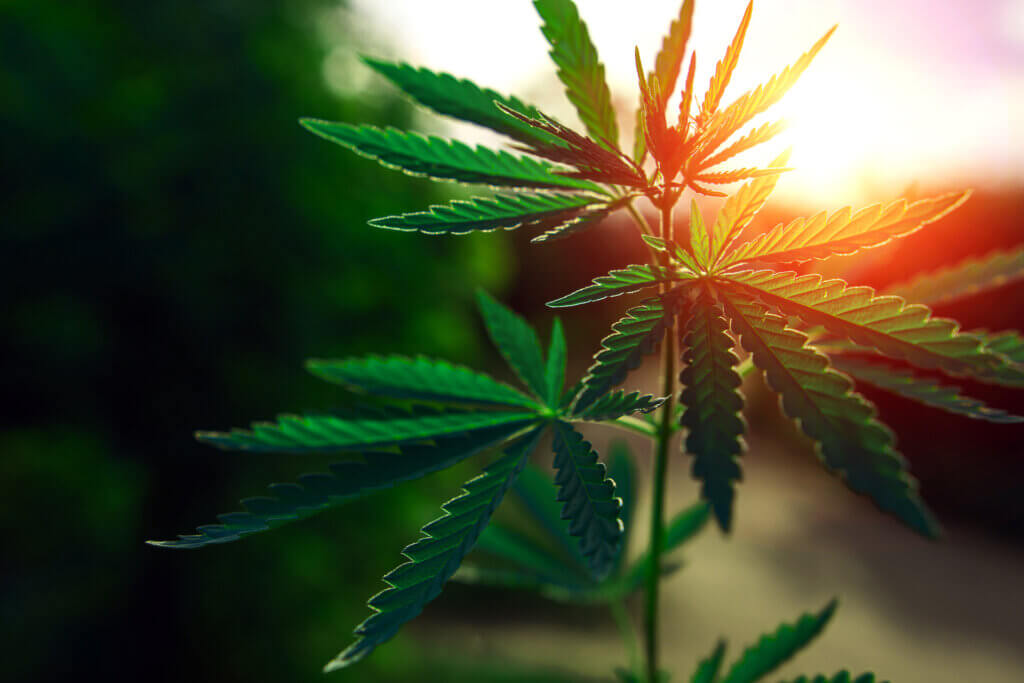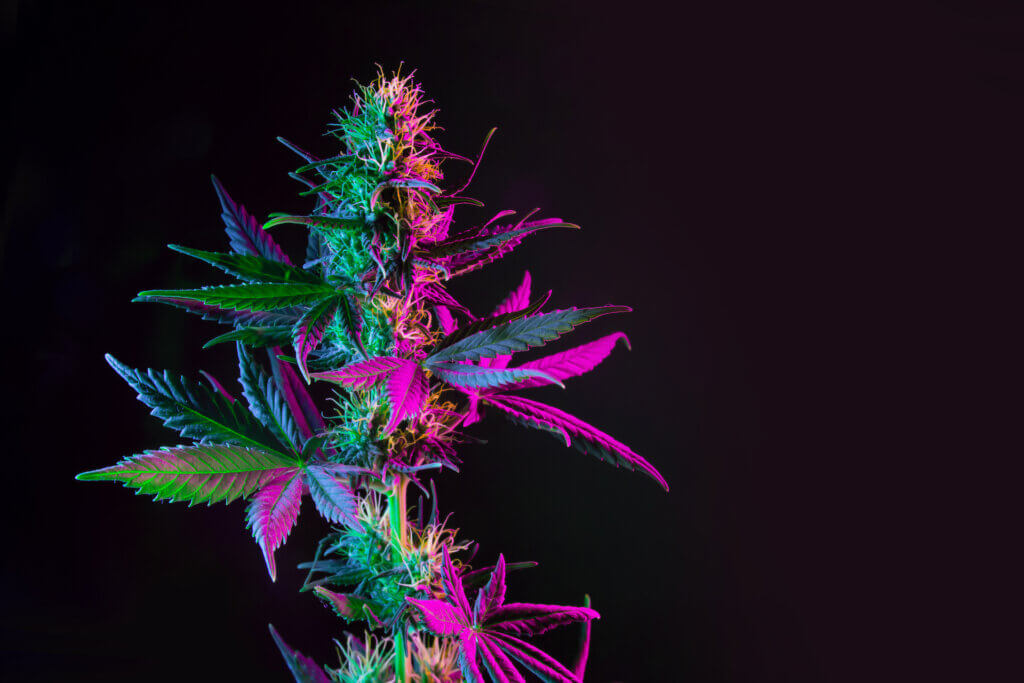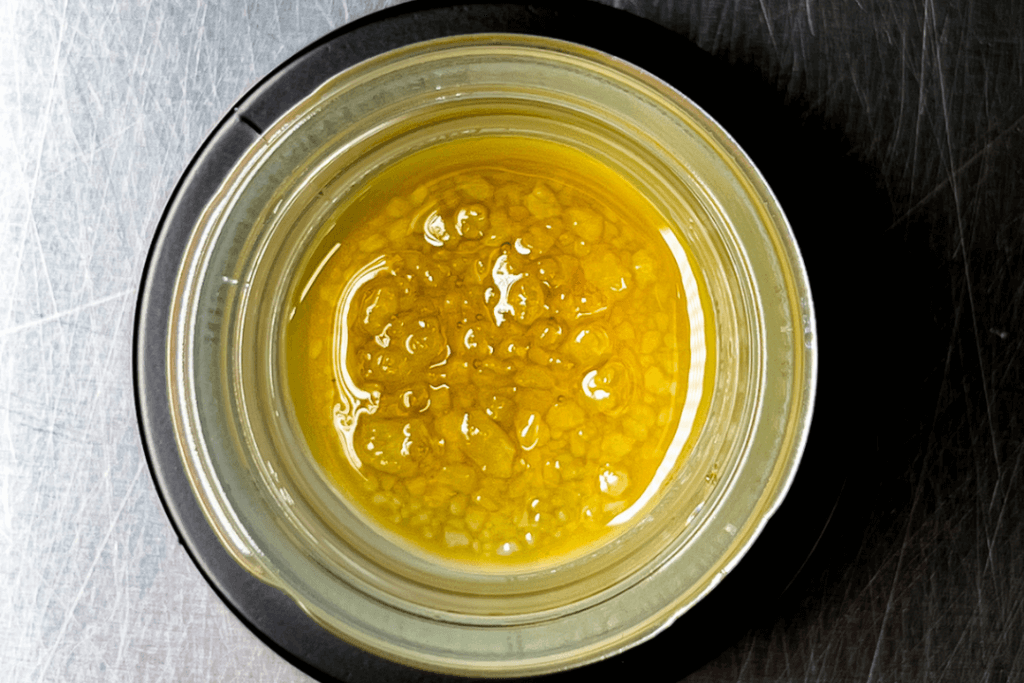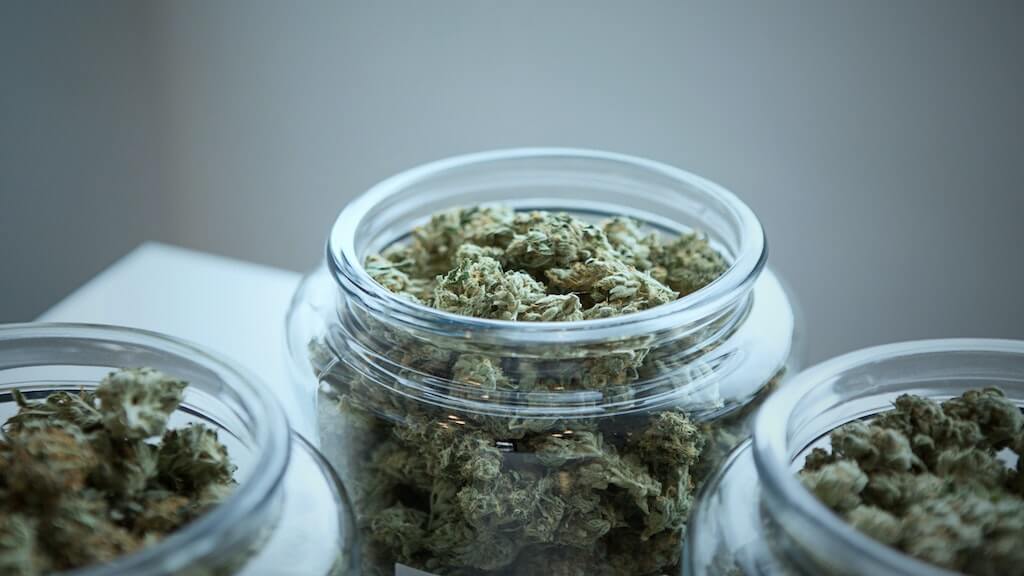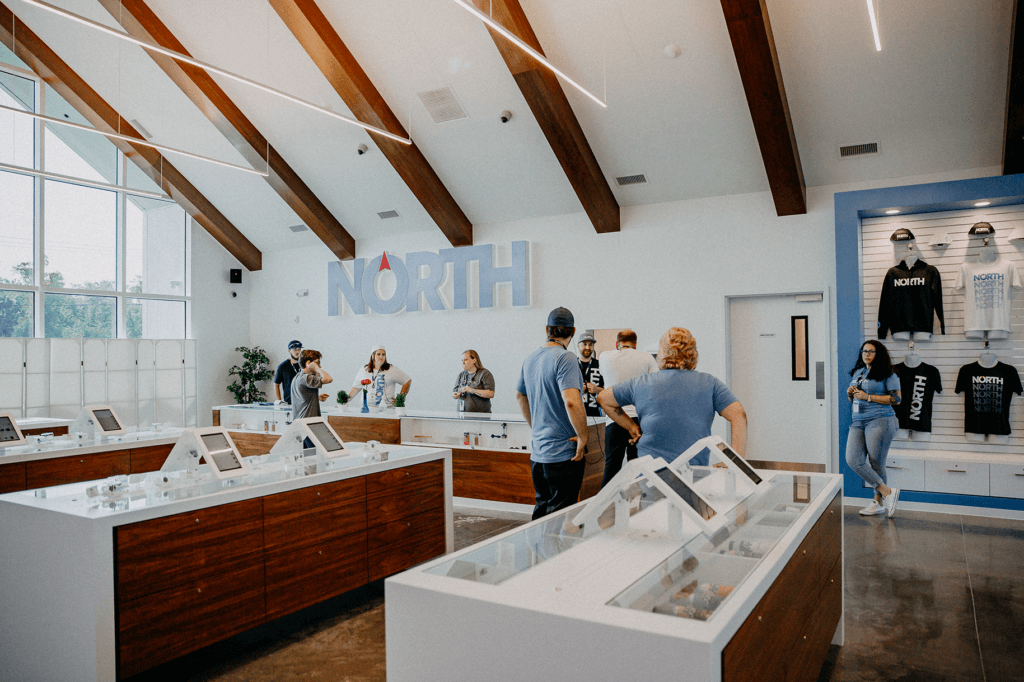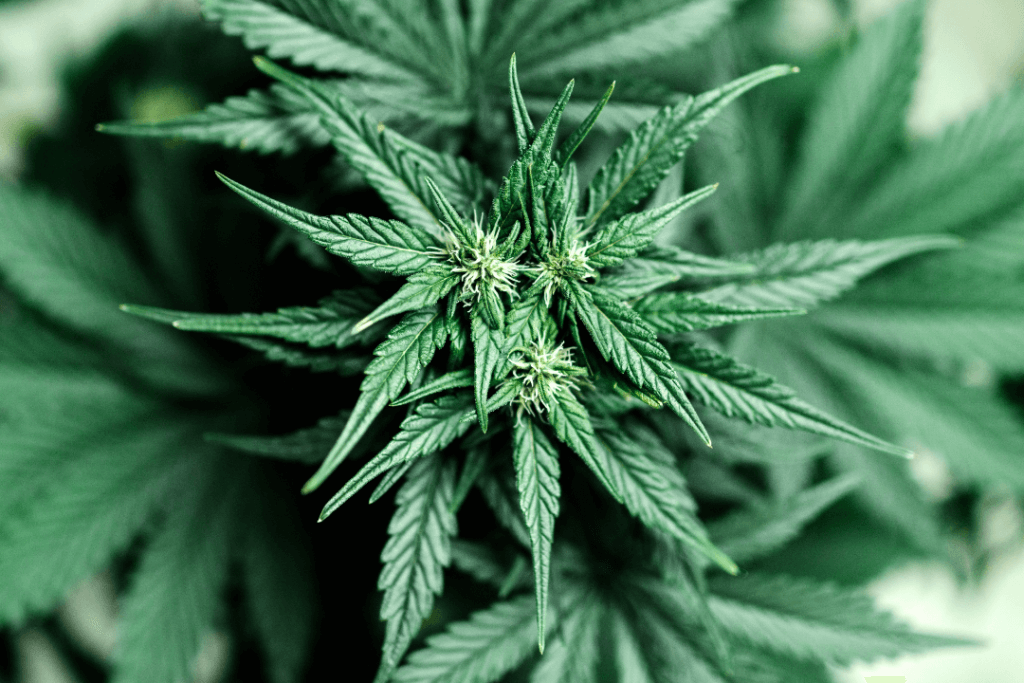Missouri’s medical cannabis industry has come a long way since its legalization in 2018. Here is exactly how we got here:
2014: SB-491 Passes to Decriminalize Less than 10 Grams of Marijuana
In 2014, Missouri passed Senate Bill 491. This declared possession of less than 10 grams of cannabis a misdemeanor crime, resulting in a $500 fine and no jail time. The bill, however, somehow passed through without receiving Governor Jay Nixon’s signature. It did not officially go into effect until 2017.
2017: SB-491 Officially Goes into Effect – 10 Grams of Cannabis or Less Results in a $500 Fine
This bill went into effect in January 2017.
November 2018: Missouri Legalizes Medical Marijuana
The November elections brought medical marijuana to Missouri. Amendment 2 modifies the Missouri constitution, signaling permanence and an intent to make medical marijuana accessible to eligible Missourians.
There were two other measures on the Missouri ballot. One of the losing measures, Amendment 3, set a 15% tax on medical marijuana and funds would go to researching cures and treatment for cancer and other diseases. This amendment also would not have allowed for home cultivation like Missouri’s current laws do.
Proposition C would have taxed medical marijuana sales at 2% and only allowed people with a limited list of certain conditions to qualify for a medical marijuana card. Amendment 2 passed by a margin of 66% to 34%.
December 2018: The 2018 Farm Bill Legalizes Hemp Nationwide
The 2018 Farm Bill was important to not only Missouri, but the nation as a whole. Senate Majority Leader, Mitch McConnell, spearheaded the 2018 Farm Bill, effectively legalizing hemp and removing it from the federal-controlled substances list. The bill also addressed other aspects of farming unrelated to hemp, like subsidiaries and others.
June 2019: Patients and Caregivers Begin Applying for their Medical Marijuana Cards in Missouri
According to Amendment 2, the Department had until July 6, 2019 to open applications for medical marijuana patients and caregivers. They were six days ahead of schedule on June 28. The Department has officially been taking applications for over a year, meaning many of Missouri’s patients have already gone through the annual renewal process.
August 2019: Facility Application Window Begins (and Ends)
Missouri began accepting applications for medical marijuana facilities on August 3. Immediately, the flood of applications and want-to-be cannabis businesses became apparent. There were 12 applications received in the first 48 hours. The deadline to submit applications was eventually extended, with some citing technical difficulties.
This caused a lot of uproar from applicants who felt their months of hard work preparing for the application process was undervalued and disregarded. Many applicants paid early bird fees to be ready to hit submit on their application the moment they were able to. On average, across plant-touching businesses, applications submitted per applicant equaled 1.5 with dispensaries being a little higher at 1.7.
December 2019: Facility Licenses Start Getting Approved
Testing was the first group of licenses that were awarded. The testing facilities are responsible for testing all aspects of the plant, such as THC levels, pesticide use, heavy metals, etc. Missouri awarded ten applicants licenses to test medical marijuana, eight more than Amendment 2’s required minimum of two facilities. There were 17 applicant groups for testing facilities – so seven did not receive a license.
After testing, transportation licenses were awarded. Transportation facilities are those certified to transport medical marijuana, like to the dispensaries for sale, testing facilities to test, or manufacturers to process the flower into products. What is unique about transportation licenses is the ability to apply at any time. The remaining sectors of the cannabis industry had a “one and done” application window. The majority of transportation applicants received a license during their initial application period, with 21 approved licenses and three denied.
The month of December brought one more approved license group: cultivation. Missouri approved 60 cultivation operations across the state, with 14 of them being in the St. Louis area. Only a small percentage of cultivation licenses were awarded out of the 600 applicants who applied.
December 2019: Lawsuits Begin
On December 27, Sarcoxie Nursery made headlines when they sued the Missouri Department of Health and Senior Services. Sarcoxie Nursery felt they were wrongly denied a license to cultivate medical marijuana. The founders of Sarcoxie Nursery, the Callicoats, felt large corporations took over Missouri’s medical marijuana industry and pushed Missourians and the grassroots movement aside.
“Our family, along with tens of thousands of advocates from across Missouri, fought hard to legalize medical marijuana to bring healing to patients, as well as much-need economic opportunities to our local communities and to our state,” Dr. Callicoat said. “These large corporations that now have been awarded the lion’s share of the cultivation licenses were not involved in the effort either with time or money. It is wrong, and it is not what Missourians intended when they voted to legalize medical marijuana.”
January 2020: Remaining Licenses Awarded, Restraining Order Denied
On January 10, 86 approved manufacturing licensees were notified of their win. Upon manufacturing licenses being awarded, even more lawsuits took place on behalf of those applicants who felt they were wrongly denied, Sarcoxie included. A judge ultimately denied Sarcoxie’s request for a restraining order.
Seed-to-sale licenses were awarded in Missouri on the 13th of January. Seed-to-sale systems will track plants from the beginning of their life to the sale made in a dispensary.
Missouri approved 192 licenses for medical marijuana dispensaries in Missouri on January 27. DHSS ended up having to release a revised list of approved dispensaries due to one group accidentally receiving 6 licenses, 1 license over the 5 license per group cap. The freed-up license was given to LSL Management LLC. North Medical Group was honored to be one of the 192 licenses chosen to provide medical marijuana to the people of Hillsboro.
June 2020: BeLeaf Becomes First Cultivation Operation to Put Plants in the Ground – The Industry Has Begun
On June 11, St. Louis-based BeLeaf was the first cultivation operation to begin growing plants. The company already has a hemp cultivation operation and transitioned into medical marijuana. Other companies continue to cross their t’s and dot their i’s.
What Does the Future Hold?
With nearly 200 dispensaries in the state and adult use on the horizon, the potential for the marijuana industry in Missouri is infinite.




